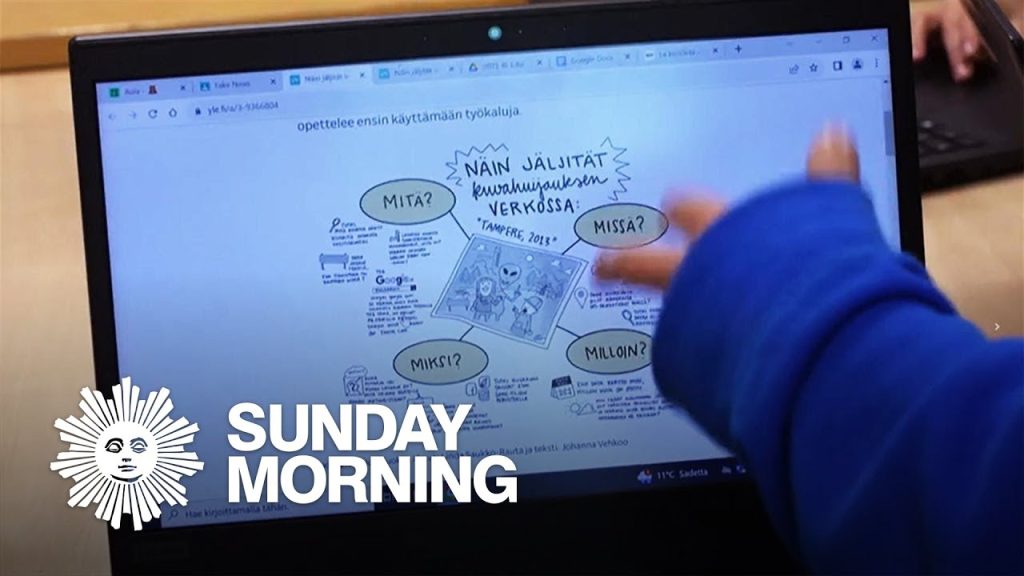In an age defined by rampant disinformation and the pervasive spread of fake news, Finland is emerging as a global leader in media literacy education. Recent initiatives in Finnish elementary schools are equipping students with essential skills to discern fact from fiction from an early age, a strategy that has garnered attention worldwide as a blueprint for combating misinformation.
The Finnish approach is decidedly proactive in teaching young learners—some as young as ten years old—how to recognize scams, hoaxes, and misleading narratives. These foundational lessons are embedded within the curriculum, going beyond traditional subjects to include lessons in critical thinking and information verification. This holistic educational philosophy underscores the importance of equipping future generations with the skills necessary to navigate a complex digital landscape.
During a recent class in a Helsinki elementary school, students dove into an engaging activity designed to challenge their ability to identify fake news. In one exercise, they examined a fictional claim about an alien landing on Earth, juxtaposed against the current history of extraterrestrial sightings (or lack thereof). The children demonstrated remarkable critical thinking skills as they dissected the timeline of the claim, noting that if such an event had indeed occurred, it would have been widely reported in the media. “You probably would have heard about an alien,” one student asserted with innocent confidence, showcasing not only their comprehension of the assignment but also an innate skepticism that is becoming essential in today’s media-driven world.
This innovative educational model is not merely an academic exercise; it is regarded as a civic duty in Finland. As stated by Lee Anderson, a former education minister, developing these skills among children is crucial in today’s society. “It should be seen as a Civic skill in the current society that we live in,” he explained. This acknowledgment of media literacy as essential to citizenship is increasingly relevant as misinformation campaigns can sway public opinion and disrupt democracies.
Finland’s education system has long been praised for its progressive methods and focus on student-centered learning. By integrating media literacy into the curriculum, Finnish educators are striving to ensure that children not only become competent readers and writers but also critical consumers of information. This commitment to producing informed citizens aims to foster a generation that can actively engage in democratic discourse with a critical eye towards the information they encounter.
Moreover, Finland’s action comes on the heels of growing global concern over the effects of disinformation, especially in a digital world where news can spread instantaneously. Countries worldwide are grappling with the implications of fake news, from electoral influence to public health crises exacerbated by misinformation. In this context, Finland’s educational initiatives may serve as a guiding light for other nations seeking to develop robust strategies for addressing the same challenges.
As these fourth graders sharpen their skills in distinguishing between reality and fiction, they are not merely preparing for academic exercises; they are laying the groundwork for responsible citizenship in a rapidly evolving media landscape. Whether it is analyzing news articles or discerning the authenticity of social media posts, the ability to critically analyze information will be invaluable for the students of today as they become the leaders of tomorrow.
In conclusion, Finland’s initiative in fostering media literacy among young minds is an important step towards nurturing informed citizens capable of navigating the complexities of modern information. As misinformation continues to challenge democratic values globally, the foundation being built in Finnish classrooms offers hope and a pathway forward in the ongoing battle against disinformation.



